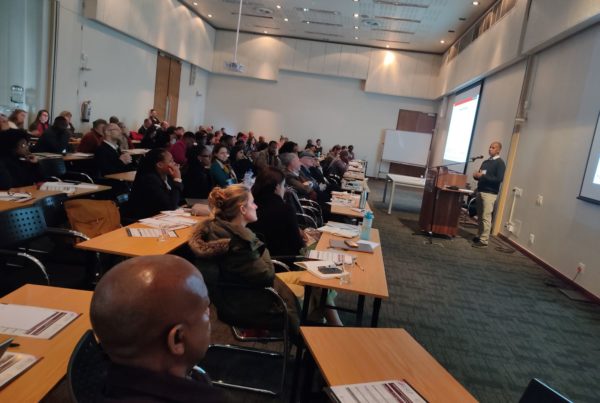Abstract
To prevent children from falling behind in the developmental sequence of reading, a shared vision of what reading success looks like is required. This paper provides the first benchmarks for early grade oral reading fluency that are necessary (albeit not sufficient) to read for meaning in three Nguni languages – isiZulu, isiXhosa and Siswati – belonging to the Southern Bantu family of African languages. In contrast with previous benchmarking methodologies, our approach is informed by a non-parametric analysis of longitudinal early grade reading assessment (EGRA) data, guided by reading development theory. The EGRA-type data used for this analysis is the largest compilation of data on early grade fluency in these languages, with comparative assessments for nearly 14,200 children. Analysing empirical regularities and reading trajectories, we identify a lower fluency threshold of 20 correct words per minute (cwpm) and an upper fluency benchmark of 35 cwpm for the early grades. These benchmarks contribute to guiding curriculum policy, provide specificity to improve tracking of literacy progress and address gaps in the literature on reading in African languages.
Keywords
Early reading, Oral reading fluency, Benchmarking, International education, African languages, Nguni languages






